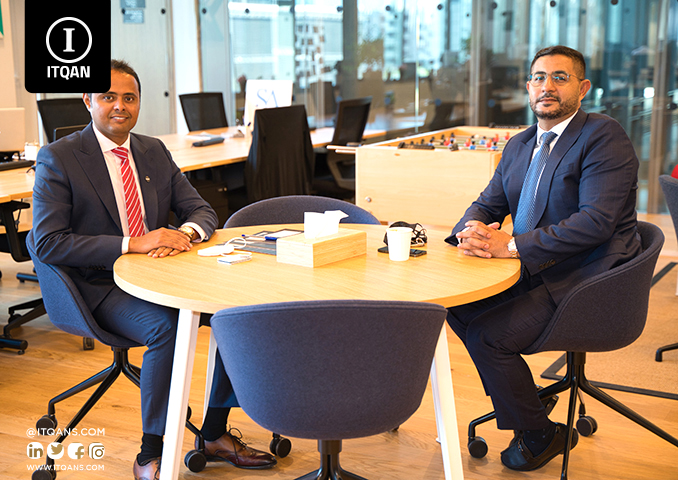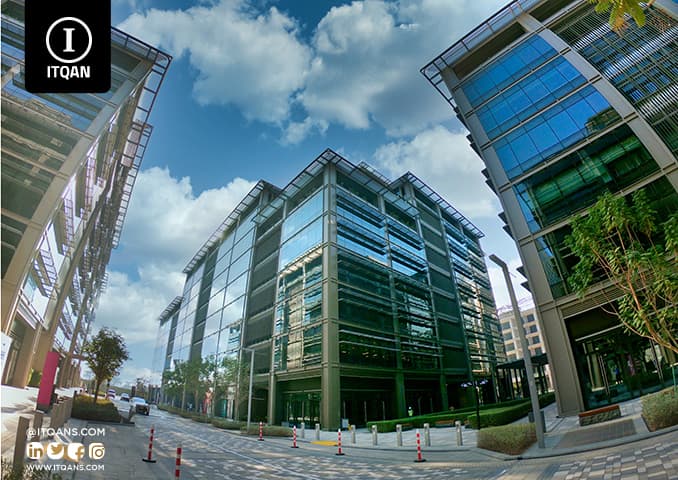The stages of establishing a company in Dubai are a process that requires careful commitment and familiarity with all the legal steps and requirements. Dubai, being one of the most prominent global investment destinations, offers a vibrant business environment and great benefits to investors. The stages of establishing a company in Dubai usually begin with determining the type of business activity and determining the legal structure of the company, followed by choosing the appropriate free zone or commercial area. After that, investors must complete the registration procedures and obtain the appropriate license, in addition to opening a bank account and meeting all the requirements of the local authorities. It is also essential to understand the legal and financial frameworks that govern the incorporation process to ensure full compliance with local laws.

Stages of establishing a company in Dubai
Stages of establishing a company in Dubai
Establishing a company in Dubai requires following several key steps to ensure compliance with local laws and obtain the required license. Here are the basic steps to establish a company in Dubai:
- Determine the type of business activity: Choose the type of activity you wish to engage in, as this choice affects the type of license required and the legal system of the company.
- Choosing a Legal Structure: Determine the legal structure of the company, such as a limited liability company (LLC), a branch company, or a free zone company, based on your needs and business requirements.
- Choosing a company location: Decide whether to set up your company in a free zone or in a commercial area within Dubai. Free zones offer benefits such as 100% foreign ownership and tax exemptions.
- Registering a company name: Choose a suitable name for the company and obtain approval from the Dubai Department of Economic Development or the Free Zones Authority, depending on the location you choose.
- Preparing legal documents: Prepare the required legal documents, including the company’s articles of association and memorandum of association, and submit them to the relevant authorities.
- Obtaining a license: Apply for a commercial license from the Department of Economic Development or the relevant free zone administration.
- Open a bank account: Open a bank account in the name of the company in one of the approved banks in Dubai.
- Complete administrative procedures: Complete the necessary registration procedures with government agencies, such as obtaining a work card and visas for employees.
- Rent an office: Rent a commercial office, which may be required depending on the type of company and where it is established.
- Starting Operations: After completing all the procedures, you can start business operations and run the company. Each of these stages requires precision and attention to detail to ensure that the process runs smoothly and complies with local laws.
Costs of setting up a company in Dubai
The costs of setting up a company in Dubai depend on several key factors, and can vary greatly depending on the type of company and its location. Here are some of the factors that affect the costs of setting up:
- Company Type and Structure: Incorporation costs vary between LLCs, sole proprietorships, or free zone companies. Each type has its own requirements and costs.
- Company location: Companies established in free zones may have lower costs compared to business areas within cities, as free zones offer tax advantages and administrative facilities.
- Licensing fees: These include the costs of obtaining a commercial or industrial license, which vary depending on the business activity and the type of license required.
- Registration fees: Registration fees at the local economic departments or free zones administration, which also include the costs of registering the trade name.
- Office Rent: The costs of renting a commercial office can be significant, and vary based on location and office size.
- Legal costs: This includes the preparation and documentation of legal documents such as the articles of incorporation and the bylaws, as well as any legal consultation fees.
- Accounting and Auditing Services Costs: Companies need to file annual financial reports and may require accounting and auditing services.
- Work and Residence Visa Costs: Includes fees for issuing work and residence visas for employees and founders.
- Opening a Bank Account: The costs of opening a business bank account may include an account opening fee and sometimes a minimum deposit.
- Insurance: The costs of commercial insurance, such as public liability insurance or employee insurance.
- Translation and Notarization Services: Some documents may require official translation or notarization, which increases costs.
- Administrative fees: These include service fees from consulting firms or brokers who assist with incorporation.
You should take all of these factors into consideration when estimating the overall costs of setting up a business in the UAE, as costs can vary greatly based on choices and location.
Documents required to establish a company in Dubai
Establishing a company in Dubai requires submitting a set of basic documents to the relevant authorities. Some documents may vary depending on the type of company and its location, but in general, the required documents include the following:
- Incorporation Application Form: Includes basic information about the company and the proposed business activity.
- Copies of Passports: of all partners, investors and directors. Copies must be valid.
- Personal Photos: For some licenses and applications, personal photos of the founders and directors may be required.
- Articles of Association and Memorandum of Association: Includes details about the company’s structure, objectives and ownership interests.
- Certificate of Incorporation: From the local licensing authority proving that the company has been legally registered.
- Choosing a company name: Submit a proposal for the company name and obtain initial approval from the relevant authorities.
- Lease Contract: Proof of lease or ownership of a commercial office, which is a basic requirement in most cases.
- Proof of identity: such as a national ID card or other documents proving the identity of partners and managers.
- Power of Attorney: If there is an agent or legal representative acting on behalf of the company, a formal power of attorney must be provided.
- Proof of Financial Ownership: Documents may be required to prove investors’ ability to meet financial requirements.
- Special Licenses: Some businesses may require additional licenses or special approvals from certain regulatory bodies.
- Letter of Support from a Bank: In some cases, you may need to provide a letter of support or confirmation from a local bank. It is important to ensure that all documents are compliant with local laws and regulations to ensure the incorporation process goes smoothly.
Conditions for establishing a company in Dubai
Establishing a company in Dubai requires meeting a number of basic requirements that vary depending on the type of company and location. However, in general, the main requirements include:
Choosing the type and structure of the company:
- Limited Liability Company (LLC): There must be a local partner (UAE national) who owns at least 51% of the company’s shares.
- Sole Proprietorship: Owned by one individual and the person must be a resident of the UAE.
- Free Zone Company: Foreign investors can own 100% of the company’s shares without the need for a local partner.
- You must specify the business activity you wish to practice, which affects the type of license required.
- Locating the company in a free zone or commercial zone. Free zones provide tax advantages and additional facilities.
- An appropriate trade name must be chosen and prior approval must be obtained from the relevant authorities.
- It includes details about the company’s structure, objectives, and ownership interests. If there is an agent acting on behalf of the company, a formal power of attorney must be provided.
- A lease agreement for a commercial office in a location approved by the local authorities must be submitted.
- Submit an application for a commercial or industrial license from the Department of Economic Development or the Free Zone Administration, depending on the company’s location.
- Open a bank account in the company’s name in one of the approved banks in the Emirates.
- Applying for work and residency visas for employees and partners.
- Providing documents proving the investors’ ability to meet the company’s financial requirements.
- Some businesses may require special insurance, such as liability insurance or health insurance for employees.
- Comply with all relevant local laws and regulations, including labor and trade laws.
Each of these steps requires careful review to ensure full compliance with legal requirements and avoid delays in the incorporation process.
In conclusion of our article on the stages of establishing a company in Dubai , we emphasize that the process, although it may seem complicated, can be managed efficiently by following the right steps and understanding the legal and commercial requirements. From determining the business activity and company structure, to completing the legal documents and obtaining the appropriate license, every step in this process contributes to establishing a solid foundation for your business. Adhering to local standards and requirements ensures a favorable business environment and helps you stand out in the dynamic Dubai market. Ultimately, with good planning and the right support from local consultants, the company’s vision can be transformed into a successful reality that contributes to achieving your business goals in one of the most attractive investment environments in the world.
Frequently asked questions about the stages of establishing a company in Dubai
Can foreigners own 100% of a company’s shares in Dubai?
Yes, foreigners can own 100% of the company’s shares if the company is established in a free zone. However, in commercial areas outside the free zones, there must be a local partner who owns 51% of the company’s shares.
What are the costs of setting up a company in Dubai?
Incorporation costs include licensing fees, registration fees, office rental costs, legal document preparation costs, bank account opening fees, and visa and insurance costs.
How long does it take to set up a company in Dubai?
The process of establishing a company in Dubai can take from a few weeks to several months, depending on the speed of submitting the documents and completing the required procedures.














